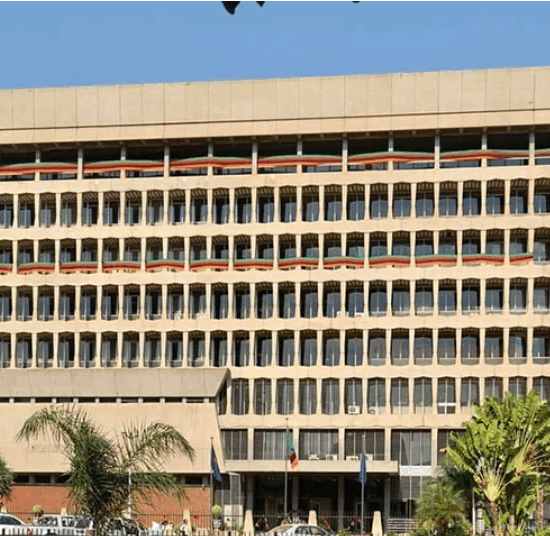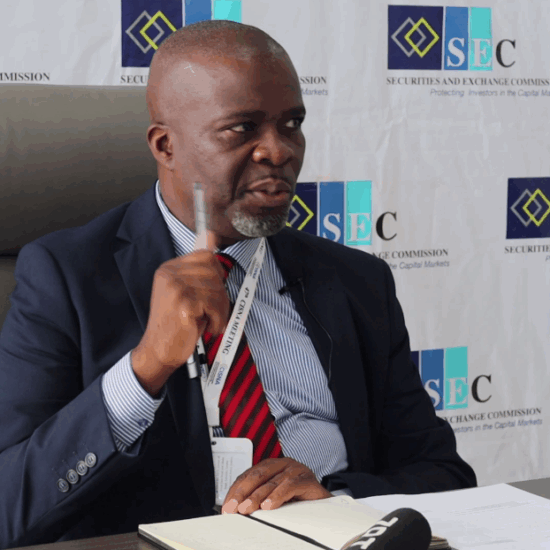
Leading Zambian Economist Yusuf Dodia has disclosed that the 2022 national budget has placed a lot of emphasis on borrowing from the domestic economy which will crowd out or constrain access to credit for the private sector, a situation that should be avoided so that the private sector can have access to reasonably priced money.
Dodia said that priority should be given to the private sector to access to money from the banks and not the banks simply putting all their money into government treasury bills and bonds, but the 2022 budget drives in the direction of a lot of money going into government borrowing from the domestic economy.
Speaking in an exclusive interview with the Zambian Business Times-ZBT, Dodia said the 2022 national budget is very ambitious as new government is trying to deliver to the people of Zambia on the promises they made.
He said a lot of money would go into the Ministry of Education, Health and Small and Medium Enterprises development adding that various promises were made to different sectors of the economy and that this budget addressed some of these promises.
Analysts have however warned that reducing the cost of borrowing in an environment were government borrowing is rife is a difficult as banks will simply tie up their funds with government through treasury bills and bonds at elevated interest rates, considered as risk free.
Lending to the private sector attracts a further risk-reward premium over and above the government treasury bills and bond rates consider as risk free assets.
A check by the Zambian Business Times – ZBT on the latest treasury bills auction results by Bank of Zambia – BOZ dated 4 November 2021 shows that the government is borrowing from Banks for the 364 days treasury bills cut off yield rates have drastically come down to about 12% from the highs of about 25% on August 11, prior to the change of government.







